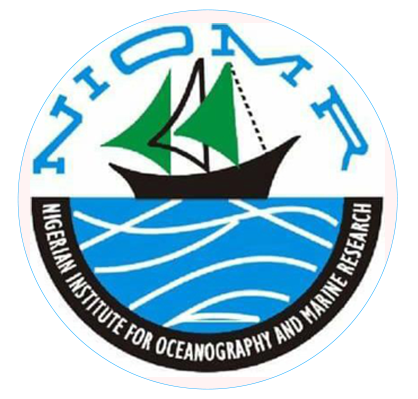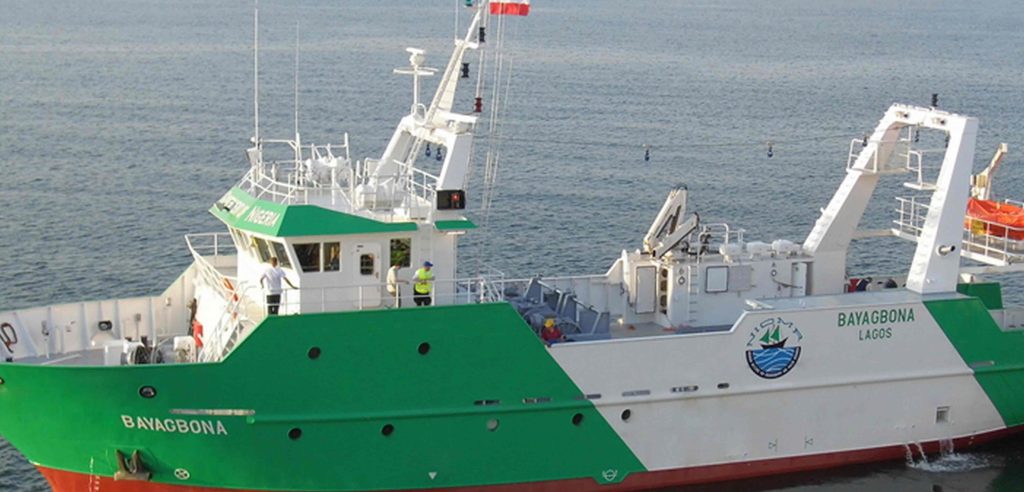- About us
- Departments
- Research Departments
- African Regional Aquaculture Centre (ARAC)
- Aquaculture
- Biological Oceanography
- Biotechnology
- Central Laboratory
- Extension Services
- Fisheries Resources
- Fish Nutrition and Physiology
- Fishing Technology and Safety
- Information and Documentation Department (Library Inclusion)
- Marine Geology/Geophysics Department
- Marine Meteorology
- Physical & Chemical Oceanography
- Procurement
- Research Work
- Research Departments
- Facilities
- Services
- Products
- Contact us
- Webmail



